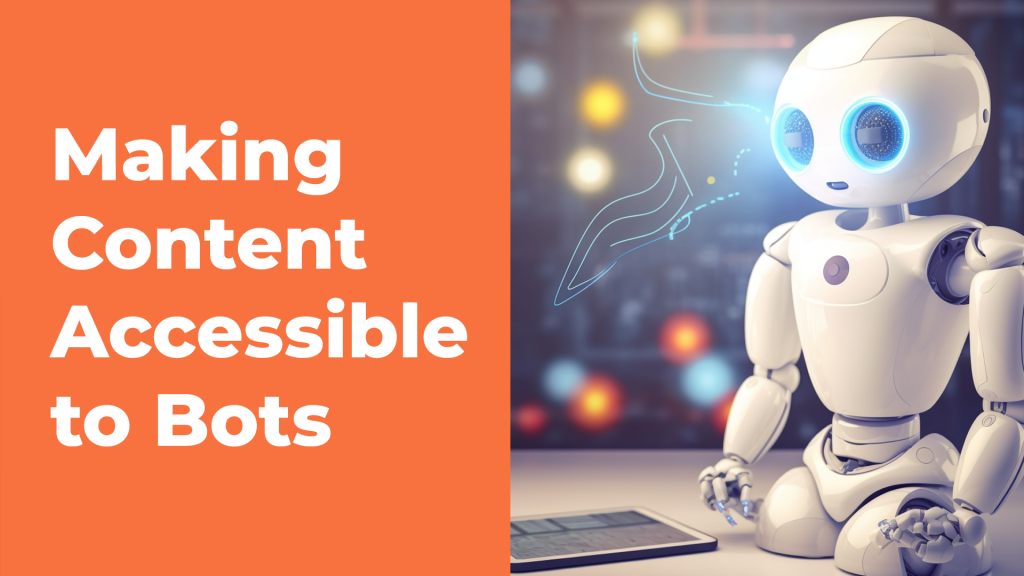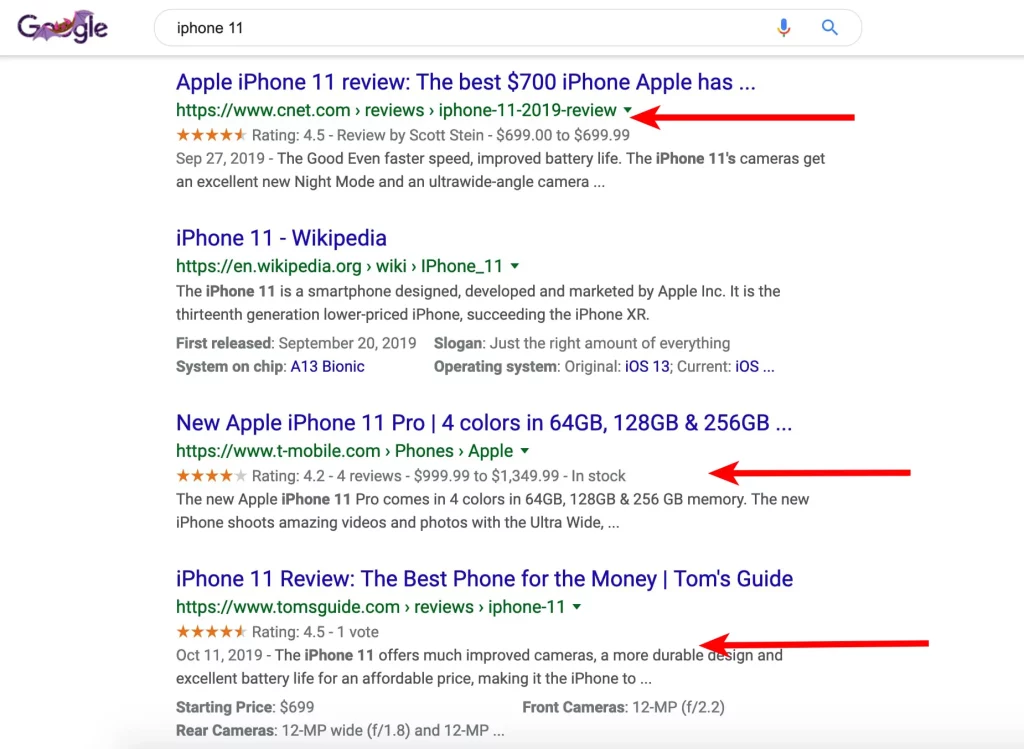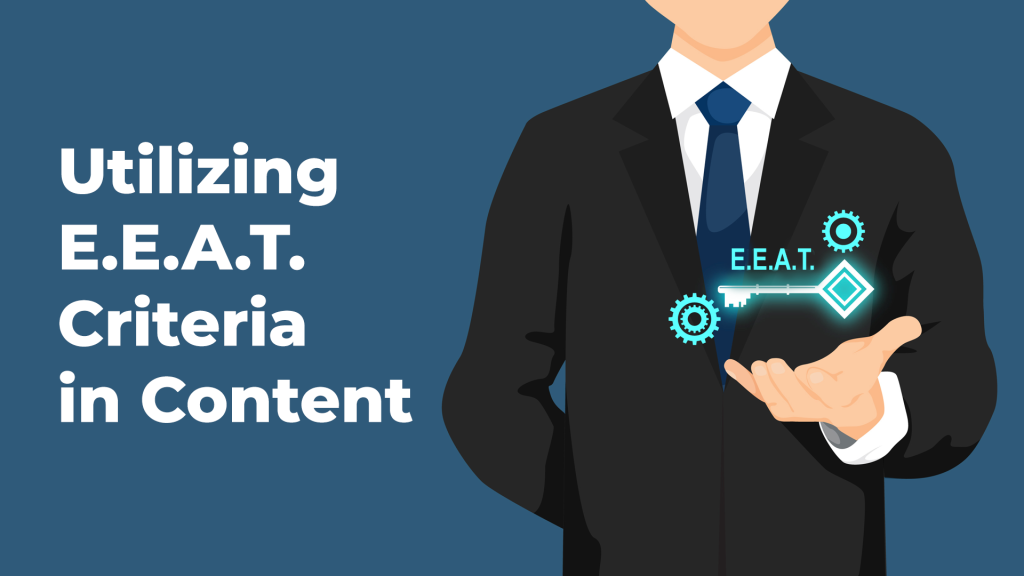Did you know that Google processes roughly 70,000 search queries every single second? That means there’s a vast ocean of leads waiting to be tapped, and on-page SEO is your lifeline to hook them all. In a constantly evolving digital landscape, staying ahead of the latest trends and strategies in on-page search engine optimization has never been more critical. In this blog post, we will dive deep into the most up-to-date methods that’ll skyrocket your website’s rankings, ensuring you claim your fair share of clicks and conversions from the unending flow of search traffic. Don’t let your business sink under the waves; paddle onward with us into a sea of success!

In 2023, some of the latest trends in on-page search engine optimization include user experience (UX), high-quality content creation, technical optimizations such as Core Web Vitals, mobile-first indexing, schema markup implementation, and leveraging AI-powered tools to aid in SEO efforts. It is important to keep up-to-date with these trends and adjust your strategy accordingly to improve your website’s search engine rankings.
Structuring Content for Users and Search Engines
One of the most important aspects of on-page SEO is structuring content for both users and search engines. When creating content, it’s essential to consider how your content can be easily crawled by search bots and provide value to your target audience. Here are some effective strategies you can use to structure your content:
Organize content in a hierarchical format. Headings and subheadings (H1, H2, H3 tags) should be used appropriately to give context to the main idea of each section. They not only help search bots understand what the content is about but also make it easier for readers to scan through the article.
Use header tags properly. Search crawlers pay more attention to H1 tags than other heading tags as they assume H1s hold the main topic of a page. Ensure that you include only one primary keyword in each H1 tag as stuffing them with multiple keywords may decrease their relevance and confuse search engines.
Avoid keyword stuffing and ensure readability. While it’s important to use appropriate keywords in your copy, it’s equally crucial to avoid overusing them as this can affect readability. Google aims to use natural language processing in its ranking algorithms so that pages rank highly for comprehensiveness rather than just exact matches or specific terms.
Think about how you’d explain this topic verbally. If someone were sitting next to you and asked what this web page was all about, what would you say? Use straightforward, concise language and grammar that makes sense like you’re explaining something in person.
By following these structuring tips, you’ll keep both users and search engine crawlers engaged with your site, making it easy for them to navigate through your pages effortlessly.
- According to a study by Ahrefs, the average top-ranking page is 2-3 years old, highlighting the importance of consistent content updates for on-page SEO.
- Research from Backlinko suggests that long-form content, with an average word count of 1,447 words, tends to perform better in search engine rankings than shorter content.
- A study by Moz showed that pages with a high number of referring domains had a strong correlation with higher organic search rankings, emphasizing the need for effective on-page SEO and link-building strategies.
Quality Over Quantity
Creating high-quality content has been a major trend in SEO over the past years, and this trend shows no signs of slowing down in 2023. Here’s why quality over quantity matters:
Providing value to readers. The aim of on-page optimization is to create content that delivers the best experience for users through helpful, informative, and quality content. Don’t bombard your users with generic content that doesn’t offer any value.
Increasing engagement and leads. Creating high-quality content attracts visitors to your site who are genuinely interested in your brand, increasing their likelihood of converting into customers. This means higher engagement rates, increased retention, and an overall better ROI for businesses.
Avoid creating low-quality filler topics or plagiarized content. These types of content decrease authority and trustworthiness which can have a negative impact on SEO success.
Imagine sitting down for a conversation with someone intelligent and knowledgeable about your field’s subject. You don’t want them to start recycling tired talking points and rehashing conventional knowledge. You want fresh insights and original ideas you haven’t seen before.
Mobile Optimization
As we head further into 2023, mobile optimization is becoming increasingly important for ranking well in search engine results. With the majority of internet users now accessing content through their smartphones and other mobile devices, ensuring that your website is designed with a mobile-first strategy will only become more critical over time.

To illustrate this point, consider the fact that Google has begun indexing sites based on their mobile versions by default. This means that if your site isn’t optimized for mobile devices, you could be missing out on valuable traffic and rankings. As such, it’s crucial to ensure that all of your content can be displayed properly on various screen sizes and resolutions.
One of the best ways to optimize your site for mobile devices is by using responsive design principles. This involves creating a flexible layout that can adapt to different screen sizes and resolutions without losing functionality or user experience. By implementing responsive design techniques, you can ensure that your content looks great and performs well on any device or screen size.
While some may argue that a separate mobile-specific website or app is the best way to optimize for mobile devices, this approach can actually be detrimental for SEO purposes. Not only does it require maintaining two entirely separate web presences, but it can also lead to problems with duplicate content and the cannibalization of rankings between the two versions.
Think of it like building two different houses instead of just adding an extension onto one – while both structures may technically serve the same purpose, they require twice as much upkeep and can create confusion for visitors who may not know which version to use.
Now that we’ve discussed the importance of mobile optimization let’s dive into another critical aspect of on-page SEO: making your content accessible to bots.
Making Content Accessible to Bots

Search engine bots are constantly crawling the web, searching for new and relevant content to index and rank. That’s why it’s so important to ensure that your website is designed in a way that’s easy for bots to navigate and understand.
One of the best ways to make your content accessible to bots is by utilizing appropriate HTML formatting techniques. This includes using header tags (H1, H2, etc.) to structure your content and make it easier to read, as well as implementing meta tags and schema markup to provide additional context and information about your site.
For example, using schema markup can help search engines better understand the different types of content on your site – such as blog posts, products, or reviews – and provide richer search results for users.

Think of it like putting labels on your boxes when you move – by clearly marking each box with its contents, you make it easier for yourself (and others) to find what they’re looking for without having to dig through everything.
Some may argue that SEO tactics such as keyword stuffing or hiding text in hidden divs can be effective for getting more visibility in search results. However, these methods are considered black hat and can result in penalties from search engines if discovered. Instead of trying to game the system, focus on creating high-quality content that provides value to readers and utilizes ethical optimization techniques.
In the next section, we’ll take a closer look at some current trends and strategies in on-page SEO that you need to know about.
Understanding and Catering to Your Audience

Creating content that resonates with your target audience has always been a key aspect of successful online marketing strategies. However, in 2023, with Google’s emphasis on “helpful” content created by authoritative sources, understanding and catering to your audience has never been more critical.
One way of catering to your audience is by creating content that addresses their pain points or solves their problems. For instance, if you run a fitness blog, you can create content that focuses on common problems faced by fitness enthusiasts such as muscle soreness after a workout and how to deal with it.
Another important aspect of understanding your audience is keyword research. By researching keywords that your target audience is using in their search queries, you can create content that matches their intent. There are various tools available, such as Google’s Keyword Planner and Ahrefs, that can help you identify the most relevant keywords for your niche.
Some marketers argue that creating audience-targeted content is not enough and that social media should be used to create engagement. While social media platforms can help create engagement and drive traffic to your website, they cannot replace the importance of creating high-quality, helpful, and authoritative content.
Think of it this way; social media is like a megaphone amplifying your message for your existing audience while creating great content is like casting a wider net to attract new potential customers who are searching for information related to your niche.
Now that we’ve discussed why understanding and catering to your audience is crucial let’s move on to exploring how E.E.A.T criteria play a role in content creation.
Utilizing E.E.A.T. Criteria in Content

In recent years, Google has made it clear that Expertise, Authority, and Trustworthiness (E.E.A.T.) are essential factors for ranking high-quality content. As Google prioritizes understanding users’ search intent and providing helpful content to them, businesses need to focus on E.E.A.T. criteria to create rank-worthy content.
One way to demonstrate expertise is to showcase personal experience on a topic. For instance, if you run a health blog, sharing personal experiences of trying different meal plans or engaging in various fitness activities can add credibility to your content. Such personal experiences emphasize that you are an expert who has legitimate practical knowledge combined with solid research.
Think of E.E.A.T. as the foundation of a building. A building with an unstable foundation won’t last long, just like low-quality content with poor E.E.A.T. won’t rank well. By providing informative and trustworthy content, you can establish your website as a credible source of information for users to build their knowledge.
Websites should create audience-targeted, not traffic-targeted content. This kind of curated approach involves knowing the user’s actual needs and concerns by critically assessing their online activities on social media platforms, forums, etc., the culture they embody or social values they reflect or hold onto as well as particular patterns in niche-specific trends that are relevant to specific industry verticals.
Another example might be industry-related events or award programs that signalize trustworthiness by demonstrating a genuine commitment to authoritative publications and the real people behind them. However, this does not necessarily mean small publications aren’t competitive because ‘small’ etymologically means future growth prospects for search engine optimization.
All in all, it is essential for businesses to utilize E.E.A.T criteria while generating authentic and quality content that serves the correct intent, establishes authority in the industry verticals, and deviates from trivial jargon out of personal professional preferences unless they reflect the target group’s communication style.
Ultimately, combining E.E.A.T best practices with on-page optimization recommendations such as the ones from On-Page.ai is the best way to currently rank on Google. Check out On-Page.ai and get yourself ranking today.




